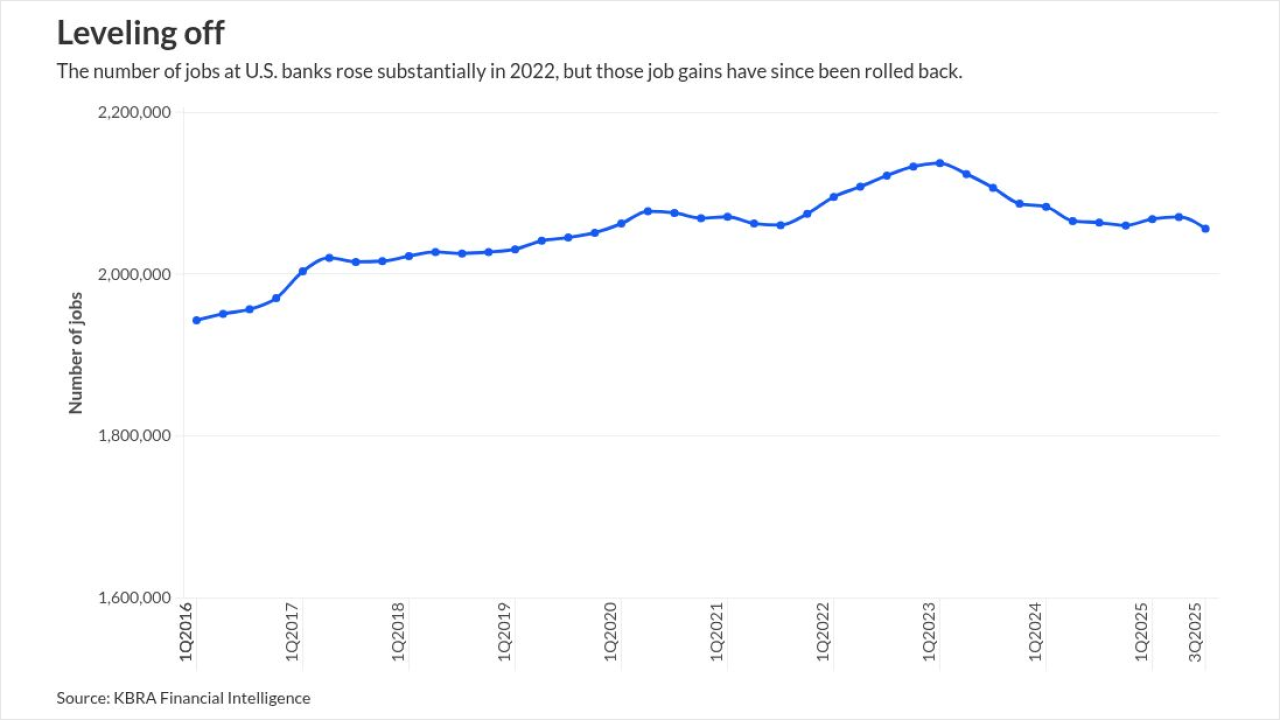-
Following an investigative report by 60 Minutes, support has grown rapidly this week for legislation that seeks to stop members of Congress from profiting from their own inside knowledge.
November 17 -
A new book and piece by 60 Minutes have raised issues about whether Rep. Spencer Bachus traded on private information he received from regulators during the financial crisis.
November 15
WASHINGTON — With a brighter spotlight turned on lawmakers' financial trading, House members showed strong support Tuesday for a clearer barrier to insider trading on Capitol Hill.
But how such a prohibition should be crafted is unclear.
Since a recent
"Redundancy is clearly preferable to ambiguity when passing laws," said Rep. Barney Frank, D-Mass., the ranking member of the Financial Services Committee, at a hearing on the bill.
Despite the clamoring for such rules, lawmakers still disagree on what, exactly,they should say. The Stop Trading on Congressional Knowledge Act, the bill with the most amount of support, would establish a clean ban on all insider trading by lawmakers.
Yet other bills introduced more recently would force members instead to cede control of their investments by placing them in a blind trust.
Meanwhile, a Securities and Exchange Commission official suggested Tuesday that the so-called STOCK Act could be somewhat in conflict with other insider-trading rules.
"I think in some cases it may be at odds with existing law," said Robert Khuzami, the SEC's director of enforcement.
The news magazine show said Bachus, Democratic leader Nancy Pelosi and Speaker John Boehner were among members who have profited from the stock market.
The report suggested the three lawmakers had used nonpublic information to make trading decisions — a charge they have all denied.
Officials said elected representatives are not exempt from the federal securities laws banning general insider trading. But the report has led to wide support for strengthening the ban and improving disclosure of lawmakers' trades.
In the weeks since the report, 80 cosponsors have signed on to the STOCK Act, which in past sessions had struggled to win support.
"It's absolutely essential that we do restore the public's trust," Bachus said during the hearing. "There have been some very serious allegations. We're all aware of that. I'm personally aware of them. If this is the answer, so be it."
Although Bachus said he was open to a committee vote on the bill, he and others have supported a different approach to strengthening the ban.
The STOCK Act would expressly bar members from making trades based on nonpublic knowledge regarding legislative activity, strengthen disclosure rules for certain trades, prohibit congressional staffers from disclosing nonpublic information about legislation that could be used by traders and require lobbying registration for firms that gather political intelligence for investors.
But separate bills by Bachus and Rep. Sean Duffy, R-Wisc., favor an alternative approach to let lawmakers place their investments in blind trusts, where members would have limited, if any, control on their investments.
Duffy said his bill, which would let lawmakers choose between setting up a blind trust or having stricter disclosure requirements for financial trades, would be a purer road to convincing the public that members were not exploiting their position for private gain.
"My fear is that if we only take half a step there will still be too much gray out there," he said.
Testifying before the committee, supporters of the STOCK Act said clearing up any ambiguity around limits on lawmakers' trading was critical. But they added that they were open to revisions of the bill, including rules involving blind trusts.
"I understand there are some who do not think the STOCK Act is necessary. They might argue that, in theory, the current ethics rules and SEC rules could be applied to cases of trading using congressional material nonpublic information," said Rep. Louise Slaughter, D-N.Y., who introduced earlier versions of the legislation. "However, in practice, we have never seen these rules applied to Congress. This has made the public rightly question the adequacy of the rules we have today. That is why the STOCK Act has a multi-pronged effort to address congressional insider trading and remove any current ambiguity around the issue."
Rep. Tim Walz, D-N.Y., a sponsor of the current bill said it was the "bare minimum" of what Congress could do, in order to grow support for the legislation. But he sounded willing to consider including provisions encouraging use of blind trusts.
"I'm certainly willing to improve it," Walz said.
But Khuzami said the STOCK Act may go too far.
"The approach I may personally prefer is a narrower bill that simply declares that there is … a duty by members of Congress to keep information that they obtain in the course of their congressional service confidential and not use it for private gain," he said. "That is the simpler approach that I think accomplishes the same end."





